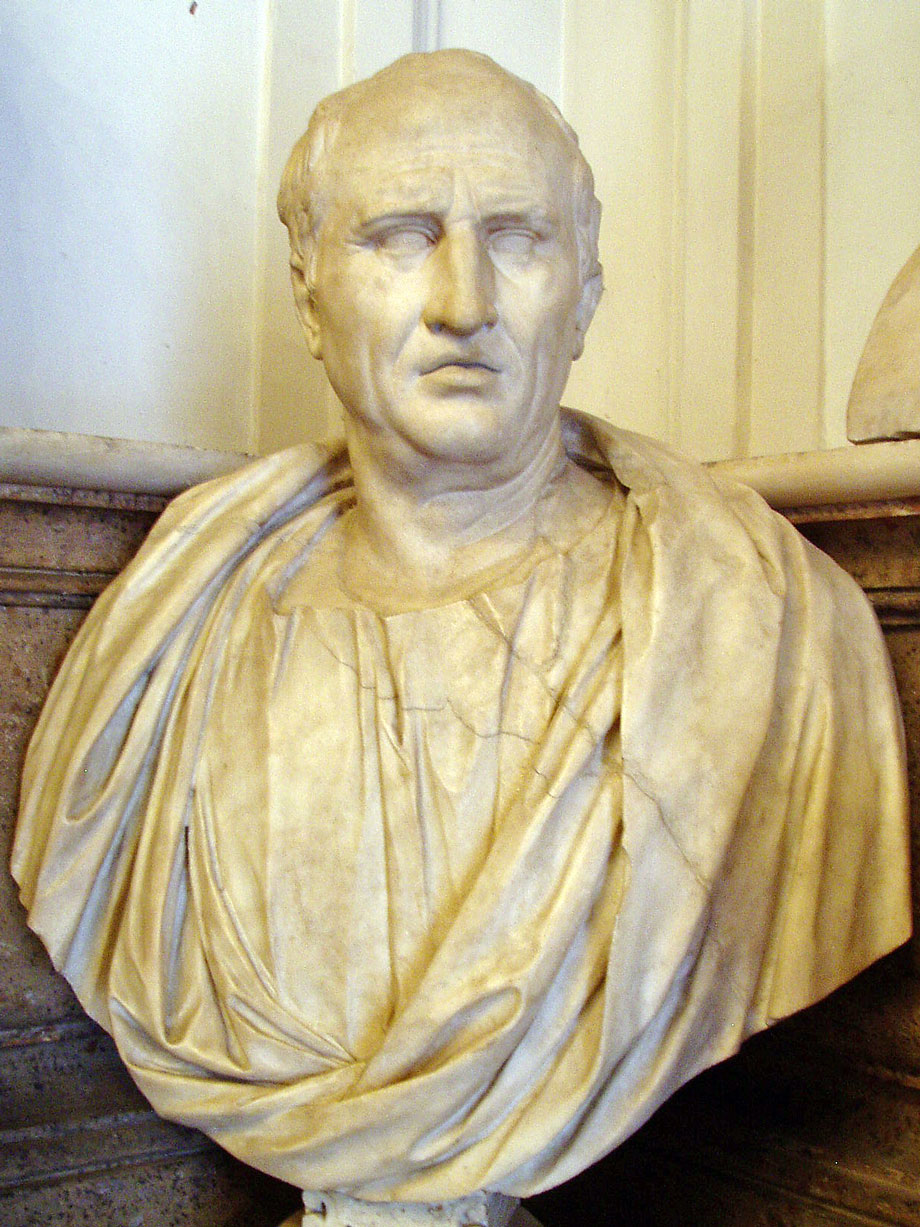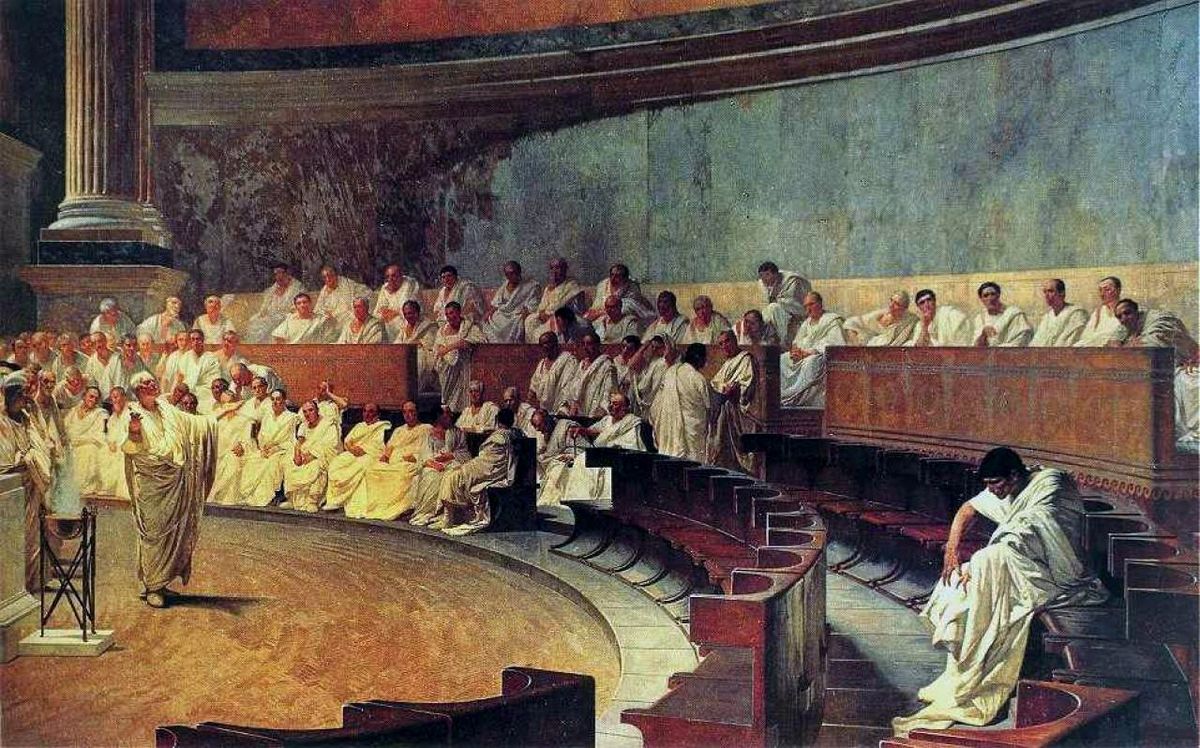
A Brief History of Rhetoric
The systemization of public speaking began with the rise of democracy in Ancient Greece. The Greeks called public speaking “rhetoric,” which simply means the art of persuasion. For the Greeks, public speaking was a means to persuade the people and the governing powers in a public forum. However, public speaking was also used to inform or praise others.
The Greeks approached public speaking and persuasion the old fashioned way—through public discourse and face-to-face interaction. This was a time when multimedia (i.e., television, radio, newspaper, and internet) could not be used to convey messages to the masses. Public speaking was the only way to get a message out to the people.
While the concept of public speaking has basically remained the same throughout history, this field of communication has gone through many transformations and changes. The way in which societies have understood the importance and use of public speaking has varied and changed over the years.
“A good orator is pointed and impassioned.”
–Marcus Cicero

.jpg)




.jpg)